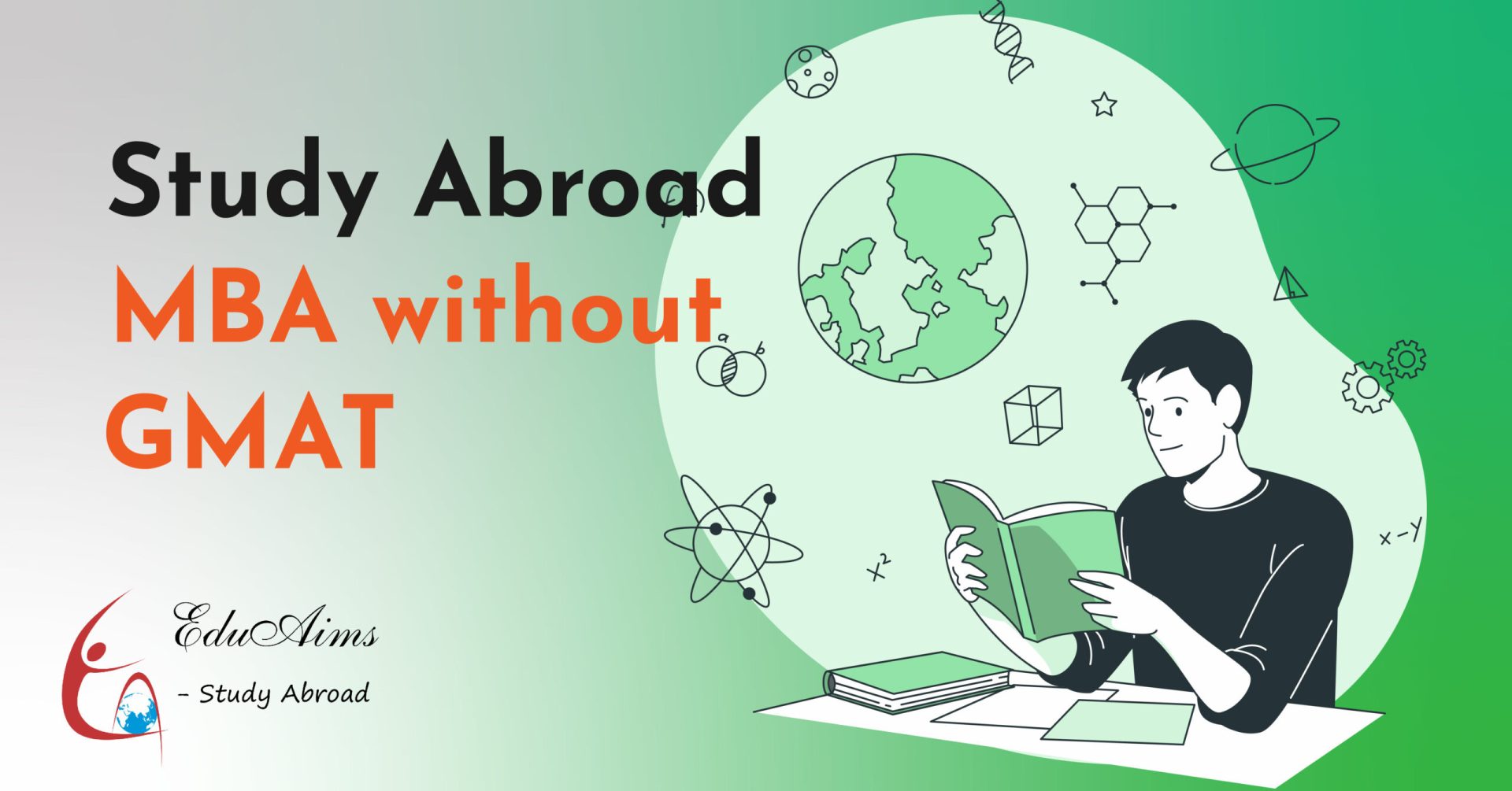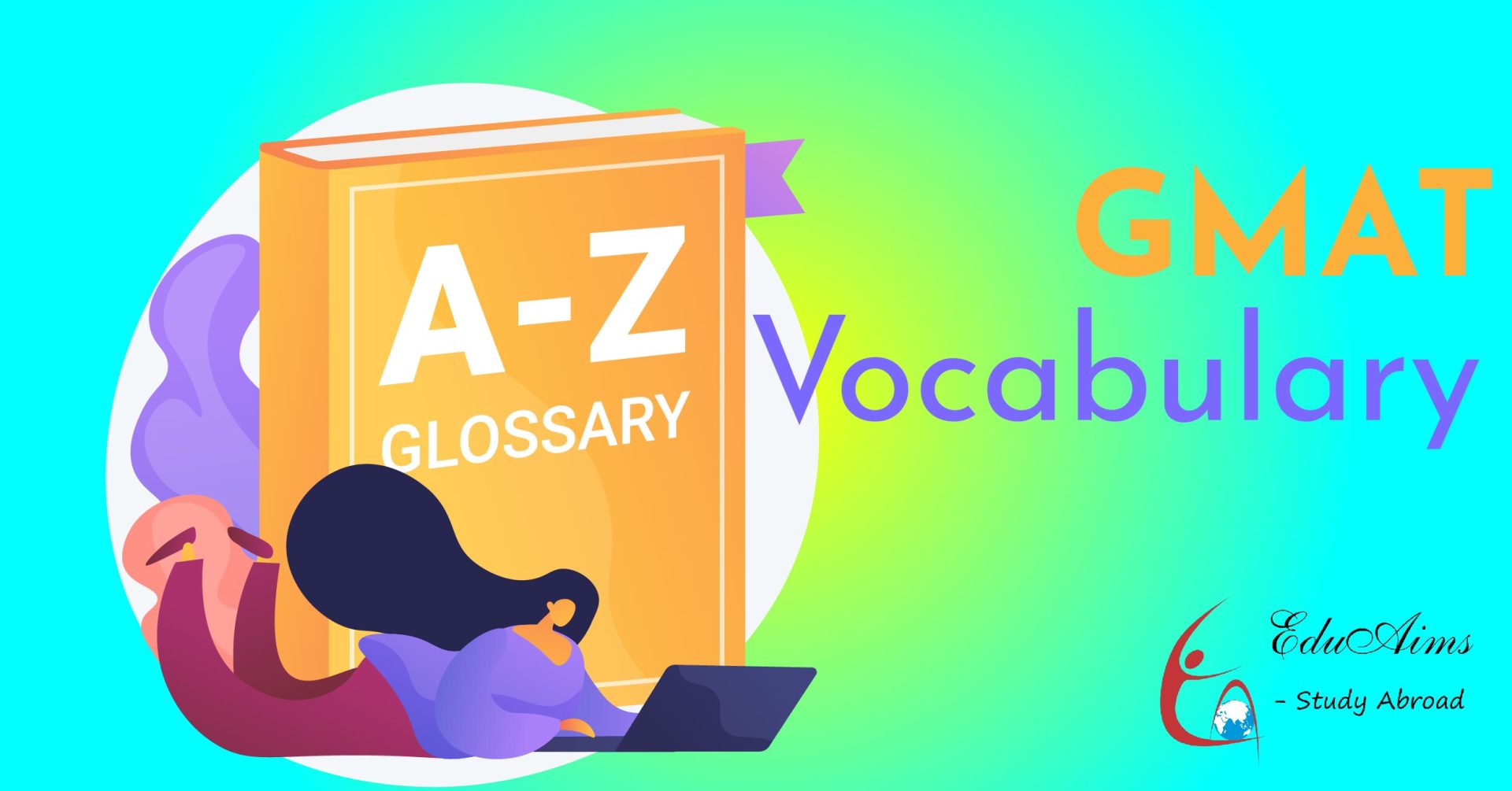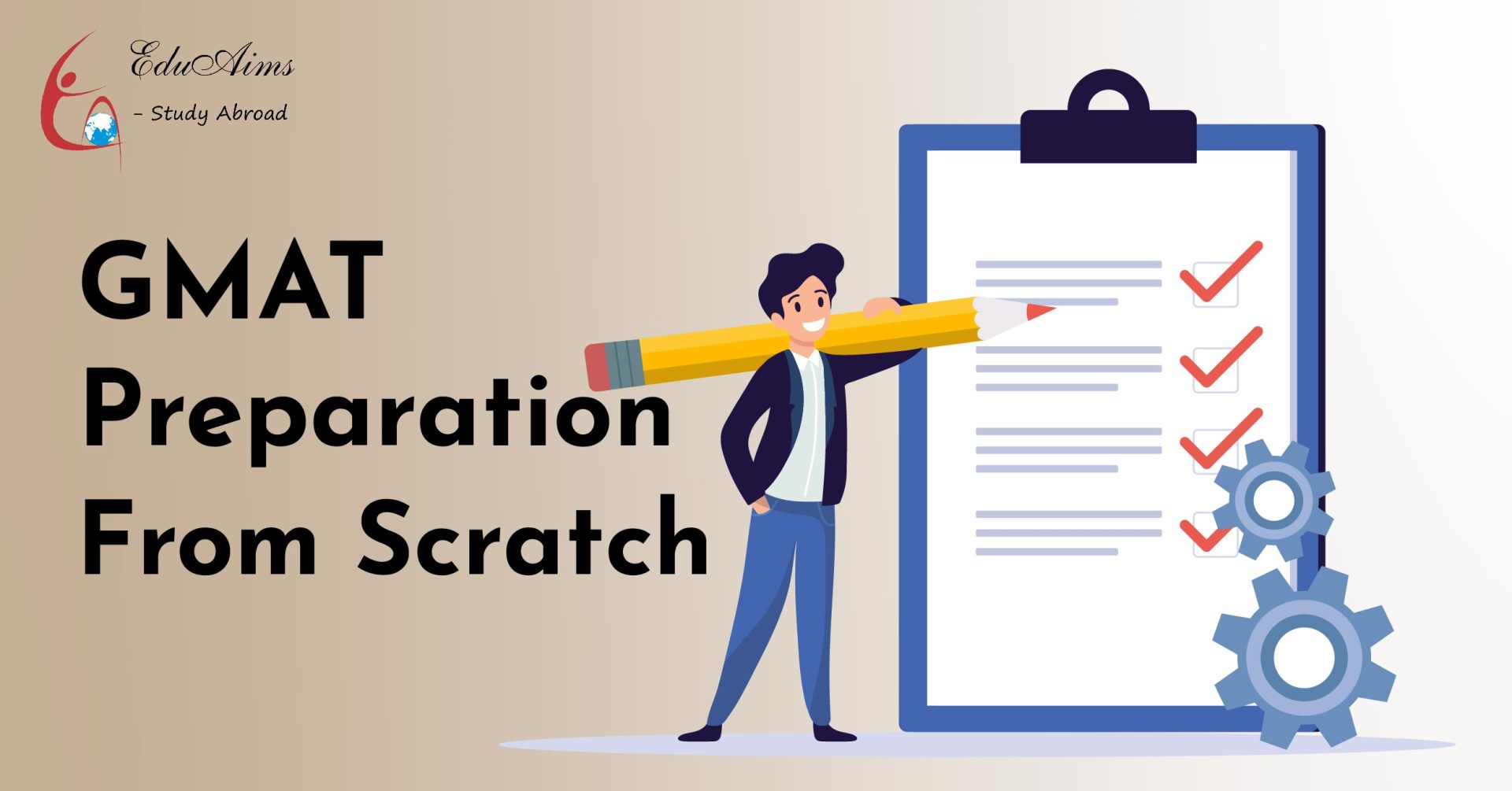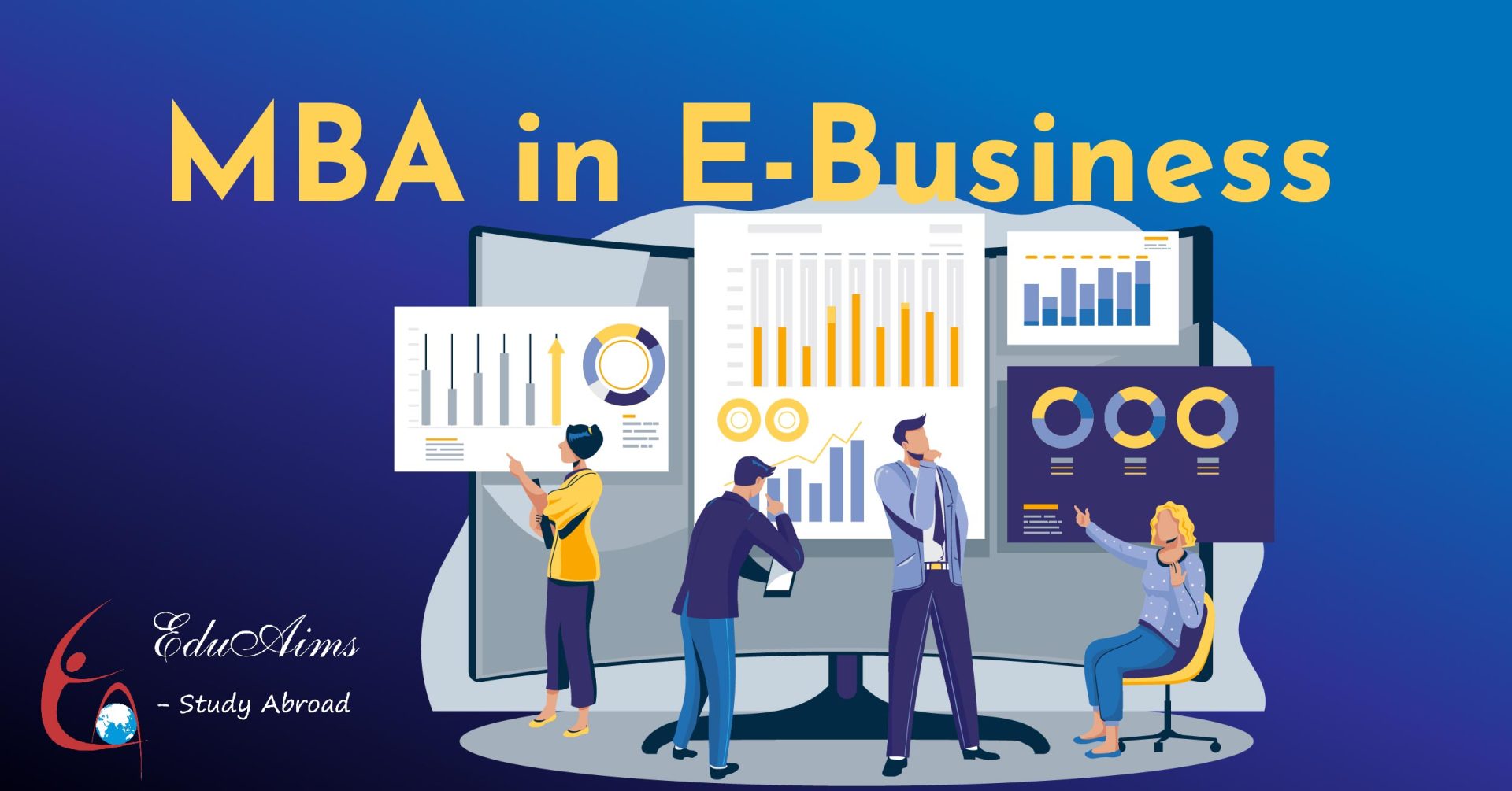What is GMAT?
The Graduate Management Admission Test (GMAT) is a standardised evaluating system used by various Graduate Business Schools around the globe for the evaluation of applicants aspiring to pursue graduation overseas. While most students prefer the GMAT for a better chance of admission at their dream universities, the GMAT is not feasible for most of them. Study Abroad MBA without GMAT is a blessing in disguise for working professionals.
While conducting your mini research of finding out the best of colleges to suit your aptitude and situation, certain uncertainties and anxieties might have filled your mind. You might want to know if a GMAT is a compulsory requirement for every university. To add to your excitement, the good news is that there’s no need for you to worry. Some of the universities abroad waive off GMAT scores. Such institutions pay more weight to work experience and relevant skills in management or intense scholarly research. Another criteria to consider is your language proficiency test scores.
For MBAs without GMAT, your academic credentials, transcripts, and a decent resume add to your chances of being selected. Work experiences (not necessarily business-based) further increase your chances.
Types of MBA programs You Need to Know:
- Executive MBA: A program designed for professionals with 5 or more years of experience. Such MBA does not prioritise the GMAT.
2. Accelerated MBA: These are fast-track MBA courses that do not require the GMAT for admissions.
3. Part-time MBA: A course outlined mostly for working professionals. Part-time MBA courses waive off GMAT or do not consider the scores for their application process.
However, some universities which do not ask for GMAT keep work experience even that of 2-10 years as mandatory criteria.
For your reference, here is a collective list of universities waiving off the GMAT scores.
MBA without GMAT, USA
MBA in the USA without GMAT is one of the most sought-after programs in the world. The world-class facilities and global exposure that MBA courses offer keep it at the top-notch. The advanced business environment, technical market scenario, learning prospect, and career boost add up to its advantages.
Rather than a GMAT score, the business schools in the USA give more weightage to the work experience and other qualities of the aspirant including his/her intellectual abilities, leadership, work ethics, interpersonal skills, and a problem-solving mindset.
Some of the universities to look for if you are in search of universities in the US that offer admission without GMAT are Kenan-Flagler Business school, the University of North Carolina, MIT Sloan School of Management, Massachusetts Institute of Technology, Questrom School of Business, Boston University, the University of Tampa, Pace University, and New York Institute of Technology (NYIT).
Besides, a master’s in management in the USA without GMAT for qualified career-driven professionals is now one click away. Whitman, Syracuse University, is one of the MBA colleges in the USA that offers a full-time Online MBA Programme that allows candidates to pursue this course without the hassles of relocating.
MBA without GMAT, Canada
MBA in Canada without GMAT comes with quite a diverse range of qualification criteria. MBA colleges in Canada without GMAT give the students the leverage to balance work life and studies. One example is the Ivey Business School, Toronto which offers an Executive MBA program. Students admitted to this school are required to attend four consecutive classes once every month and complete the target of the course within 15 months, alongside their career. There is also scope for a Part-time Alternate Weekend MBA in case you do not opt for the GMAT. Other universities such as Schulich School of Business, York University’s Executive MBA Program require only valid academic credentials and other compulsory transcripts.
Book Free 15 Min Guide from our Experts
MBA without GMAT, Australia
If you have a good profile including years of work experience or good recommendation letters, but cannot manage the time for a GMAT test, business schools in Australia is the best choice for you. A minimum of 2-3 recommendations or reference letters from previous employers would amplify your chances. Such assets are helpful in a quick analysis of your credibility, character, potential, and work ethics. Australian National University, Canberra, Melbourne Business School, Monash University are the universities you should search for.
A well-crafted statement of purpose, a convincing Resume or a cover letter to add toppings to your credentials is all you need to pursue MBA in the USA without GMAT scores. The bonus of your cover letter is that not only will it focus on your achievements and skills but make you a potential asset and a bright student for the university.
MBA without GMAT, UK
MBA in the UK without GMAT Business schools in the UK attract global attention for their world-class MBA programs as well as 1-year MBA courses. The conciseness of the UK’s management programs makes them organised and works in favour of both working professionals and fishermen. There are numerous opportunities available for you in case you don’t have your GMAT scores or an expired GMAT score.
Ranging from handling modern business problems on a global scale to acquainting you with theoretical tools and strategies, the universities of the UK does it all. Its real-time relevance in real-world business situations makes the courses more meaningful.
Here are some of the top MBA universities where you are eligible to apply without a GMAT in the UK: University of Reading, University of Central Lancashire, Birmingham City Business School, Middlesex University, Lancaster University Management School, Durham University Business School, Cranfield School of Management, Cranfield University, Warwick School of Business, University of Warwick.
MBA without GMAT, Germany
If you are looking for the most cost-effective MBA courses for your life, Germany is the destination for you. Germany is famous for its world-class education offered at a low cost. MBA in Germany without GMAT is way easier than in any other country. Top business schools in Germany evaluate students purely on the basis of their academic excellence, work experiences including their extracurricular achievements, etc. Germany takes into account the overall performance of the applicant.
One speciality of Germany is that some public universities do not even charge tuition fees. This is a big relief for international students. Besides, the country provides a range of specializations and types of NBA’s including Entrepreneurial Management, Leadership and Innovation and Entrepreneurship at affordable costs.
Here is a list of 10 best German universities that eradicate GMAT score from their MBA eligibility criteria: TU Munich, Ludwig Maximilian University Munich, University of Kiel, University of Tubingen, University of Stuttgart, Accadis Hochschule Bad Homburg, Akademie Wurth Business School, Berlin School of Economics and Law, Cologne Business School, Dresden International University.
MBA without GMAT, Singapore
Considering the job prospect and career exposure, Singapore is home for most management courses of students from India. Universities in Singapore are the epitome of diversity inclusion. Those are hubs of excellence, intellectual stimulation, and student welfare practices. MBA in Singapore without GMAT are well known for their dynamic selection of applicants keeping academic records and co-curricular activities in perspective. With a burgeoning financial centre, Singapore offers the most promising working environments in Aisa-Pacific.
Some of the best colleges for MBA in Singapore are:
MBA without GMAT, India
Why Pursue One year MBA in India without GMAT?
Studying in India has always been fun, full of exposure and passion because of its vast variety of options for any student. The options are as vast and different as the country itself. MBA courses from the 20 plus top-ranking business schools of India witness the greatest demand from students.
Job safety and an easy way of promotion: Being an MBA will ensure that the student has better job security in a firm. There is cut-throat competition everywhere, having an MBA will make sure that the student makes up his way to the highest.
Greater knowledge at the cost-effective range: When a student opts for higher education, he gets exposure and specialised knowledge which will help him in working efficiently. Living in India is way cheaper than in any other country. The cost of living in any foreign country is way too high in comparison with India.
MBA without GMAT, Europe
Scope of Studying MBA in Europe without GMAT
International business mindset: Instead of remaining cooped up in a stagnant idea, an MBA in Europe without GMAT will expose you to numerous ideas. This gives you a growth perspective to develop and pick up global ideas in terms of business. The added benefit of exposure to people from multiple cultures and lifestyles might give you a better insight.
Affordable tuition fees: Business schools in Europe provide top-class education within feasible and most affordable tuition fees. The comparative financial relaxation without compromising quality education makes Europe one of the most choosable destinations among MBA aspirants.
Diverse MBA courses: Europe provides a range of unique courses to select from within MBA which makes the course dynamic. Availability of diverse courses added with excellent training marks the unique point of MBA in Europe.
Exposure to the uniqueness of European MBA degrees: MBA in Europe without GMAT provides a range of unique and interesting business fields starting from fashion to fine wines. European business schools adopt an innovative teaching style also focusing on social entrepreneurship in their programmes.
Amplify and multiply your career: The one-year degree course offered by European countries give a career boost for working professionals as well as students. The students benefit from the course with an early introduction to the corporate world.
FAQs:
Can we do MBA after B.Com?
Absolutely! Most of the universities overseas ask for a GMAT score and a graduate-level educational qualification from any business-related or non-business-related field. MBA after B.Com would not be your worst choice of course.
What is the fee structure for the Distance MBA programs?
The fee structure of the Distance MBA programs ranges from Rs 50,000 to Rs 1 lakh
Can we have an MBA in Media Management in Distance Education?
Yes, there is a scope of MBA in Media Management Distance Education which is a two-year course.
Is it possible to do an MBA with less expenditure?
You would be happy to know that some universities in Germany provide MBA courses with zero tuition fees.
Why do students of India choose MBA without GMAT in Singapore?
Along with providing a global experience, Singaporean universities are well known for their dynamic selection process of applicants keeping in view their academic records and extracurricular activities which makes Indian students choose MBA courses in Singapore.
What is the cost of an MBA in Singapore for Indian Students?
The average tuition fee for an MBA in Singapore for Indian students ranges from ₹ 19 to ₹ 43 lakhs.








